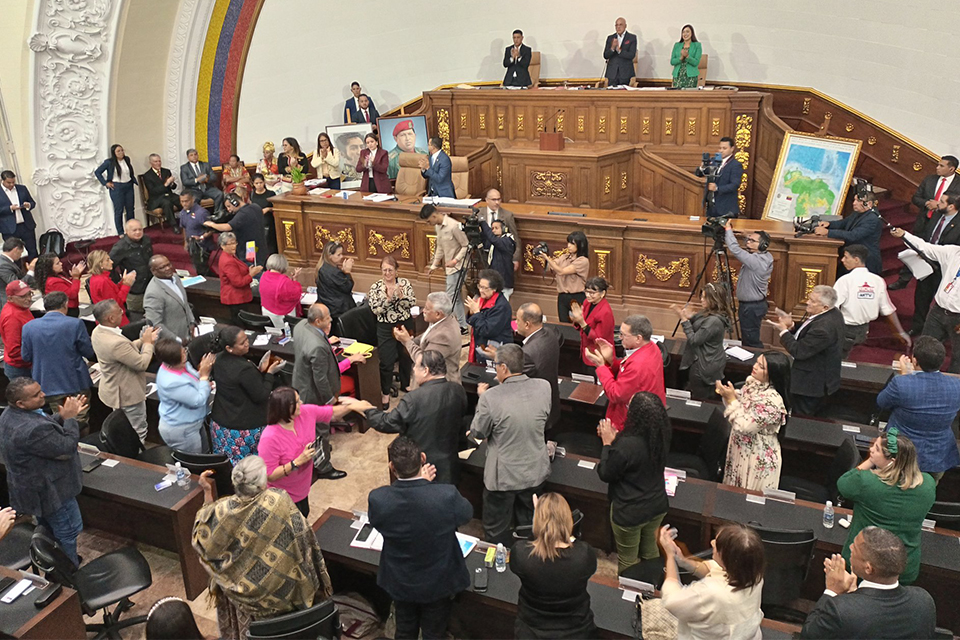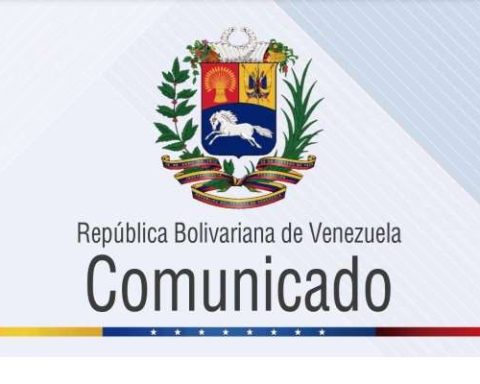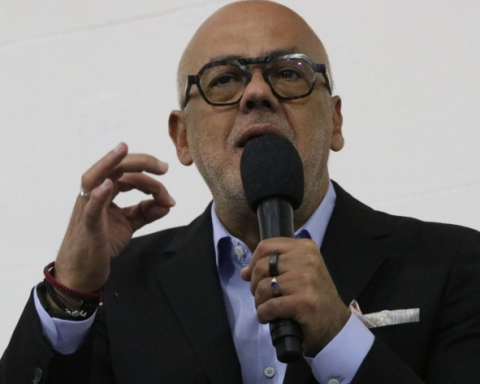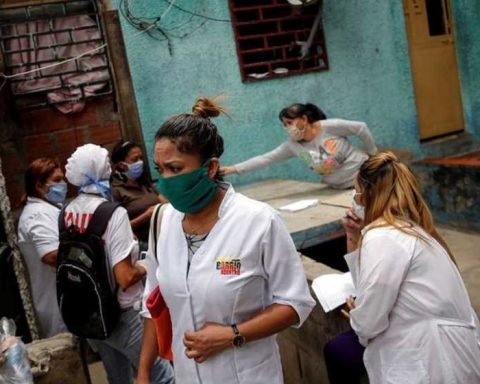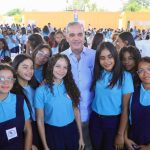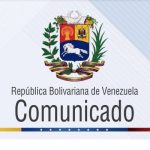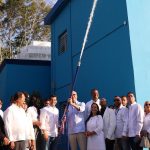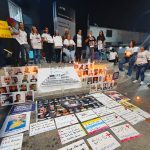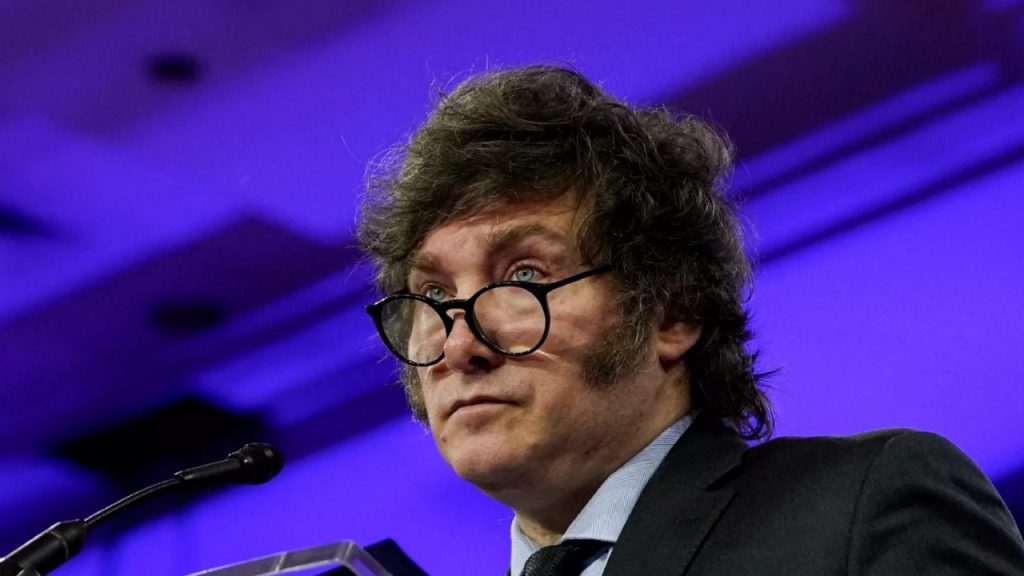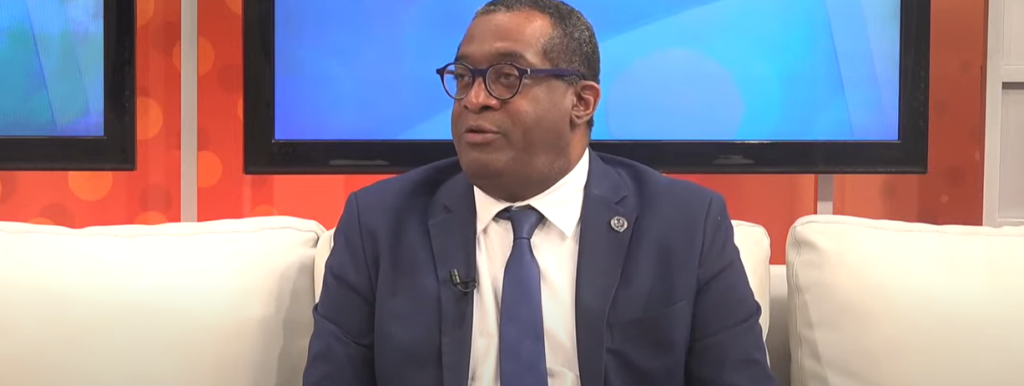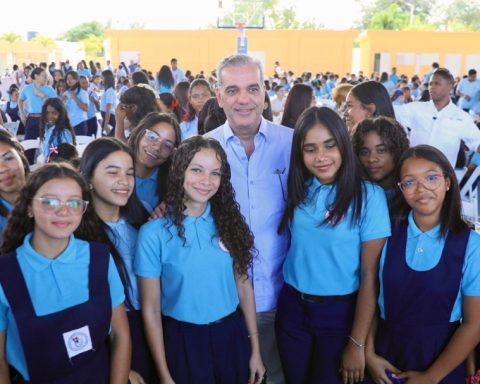Deputy Carolina García (PSUV) requested to postpone the second discussion of the so-called law against NGOs, to modify the article on judicial dissolutions and even “incorporate new proposals of comparative law.” Another 10 articles and the final provisions would still need to be discussed. Diosdado Cabello informed the plenary that on Wednesday, August 14, the public consultation on the draft “law against fascism, neo-fascism and similar expressions” would begin.
On Tuesday 13th, the 2020 National Assembly accelerated the discussion of the draft law on the “Supervision, Regularization, Action and Financing of Non-Governmental Organizations and Related Organizations”, a regulation that has been pointed out by international organizations for “undermining civic space.”
On May 21, the last discussion of this project was held, which was resumed at the request of the president of the AN 2020, Jorge Rodríguez. The approval of the article advanced to what was stipulated as the dissolution of NGOs or non-profit organizations.
Deputy Diosdado Cabello (PSUV – National) requested the modification of article 30 – on the causes of judicial dissolution – so that the suspension of NGOs or non-profit organizations is extended for another 30 days, if there is no concrete decision from a judge, “until the court decides” the substance of the suspension.
Following a discussion, Representative Carolina García (PSUV) requested that the second discussion of the law be postponed, in order to modify this article and even “incorporate new proposals from comparative law.” On this project, 10 other articles and the final provisions remain to be discussed.
Organizations such as the Inter-American Commission on Human Rights (IACHR), its Special Rapporteur on Freedom of Expression, as well as the United Nations High Commissioner for Human Rights, requested the Venezuelan parliament to abstain from approving this regulation.
High Commissioner Volker Türk noted that the adoption of such laws in the country “undermines civic and democratic space.” For its part, the IACHR stressed that it “arbitrarily restricts the right to association, freedom of expression and public participation, in a context of closing civic space.”
The content of the bill has not been made public by the 2020 National Assembly. Various organisations also denounced that dissenting voices were not allowed during the public consultation of this legislation.
They promise to speed up the law against fascism
The first vice president of the PSUV, Diosdado Cabello, informed the plenary that on Wednesday, August 14, the public consultation on the draft law against fascism, neo-fascism and similar expressions will begin. “As we said the other time, fascists, neo-fascists and haters of always should be concerned.”
For the deputy, it is necessary to speed up the public consultation and submit the bill to its second discussion as soon as possible so that its application “begins once and for all.” “We have seen in some sectors basically from an opposition that is not, I must clarify, the one that is here, we have begun to see, specifically on the 29th and 30th, the promotion of terrorist acts and profound hatred.”
For his part, Jorge Rodríguez said that all the messages of the last few weeks are “disgusting and repulsive” and should be punished. He also stated that all those injured and killed in the protests of the last two weeks are “militants of the revolution.”
Cybersecurity
In the debate on “cybersecurity” and support for the commission against fascism, parliamentarian Gustavo Villapol (PSUV – National) said he had no doubt that “after the 20 thousand advertisements that were broadcast in those fateful months of 2002 and 2023, the four horsemen of the apocalypse who governed (…) since that moment there has not been an attack on any people as violent, as fascist, as the one the Venezuelan people have experienced in the last two weeks.”
He recalled what the Minister of Science, Technology and Information said about alleged 30 million attacks against the computer system, and also confirmed the existence of “bot farms to persecute, annihilate, and assassinate the Venezuelan people for thinking differently, for thinking about the homeland of Bolívar.”
He asked if it is not essential not only to support the cybersecurity council created by Maduro on Monday 12th, “but to urgently legislate on our social networks and the digital world in Venezuela.” He also said that some sectors “will come out with the idea that this is an attack on freedom of expression.”
Pedro Infante (PSUV – Nacional), first vice president of the National Assembly, questioned the use of social media. “It has been the use of information technology, hacking against our electoral system, the manipulation of feelings to promote a civil war” in the country, he said.
He accused the owner of X, Elon Musk, of being one of those responsible for promoting hatred against Chavismo. He made veiled references to María Corina Machado and her phrase “charging until the end.” “What do you mean by charging? Is it revenge?”
While Jorge Rodríguez called the creators of social networks “rats” and said that “they come for humans, and do you know what they come for? To destroy our freedom, freedom to be, to choose, the freedom to love, to choose, and they don’t even allow you to choose, they don’t even allow you to evaluate whether someone other than you has enough arguments to convince you.”
Post Views: 105
